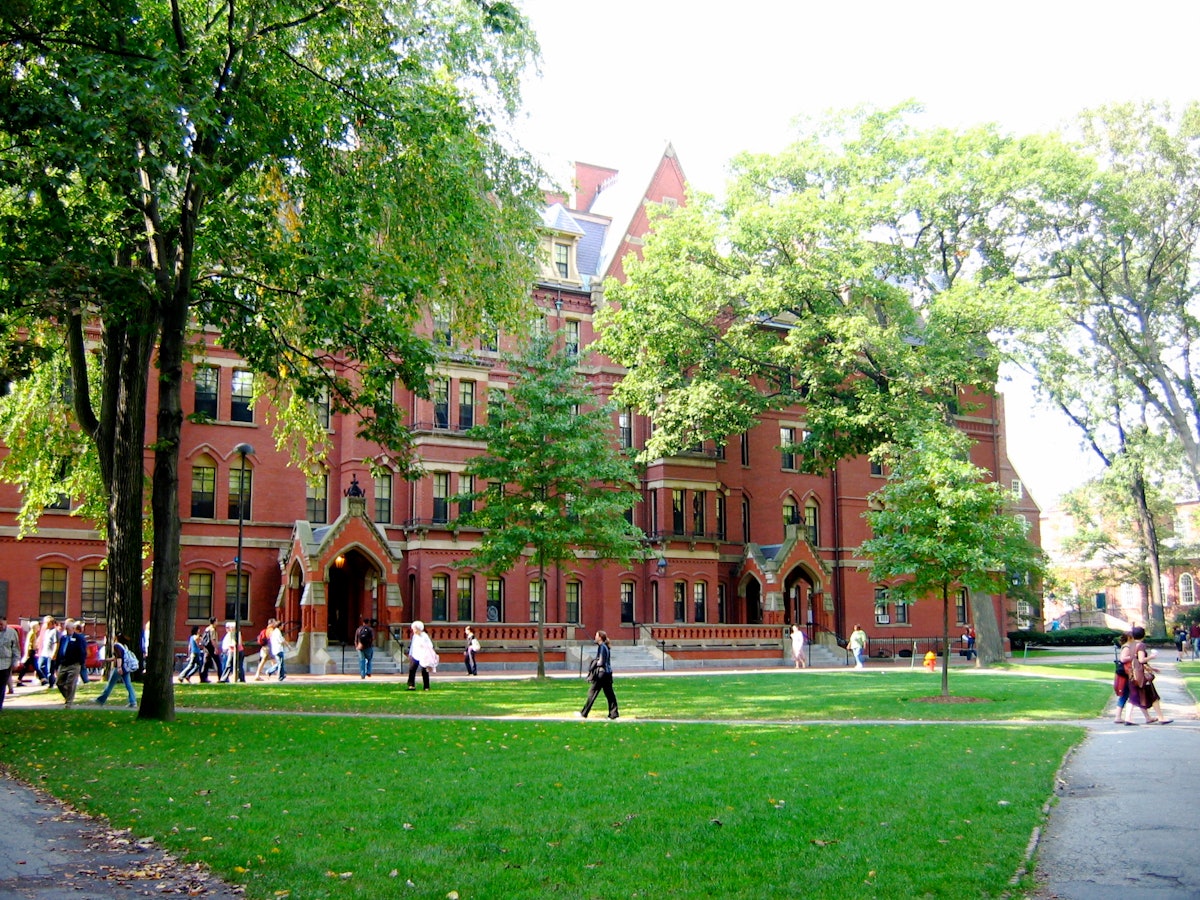The legal action, filed Friday, seeks to block the administration from withholding $8.7 billion in federal funding for Harvard University and its affiliated hospitals after demands that the university implement specific policy changes and restructure its operations.
According to court documents, the administration’s Joint Task Force to Combat Anti-Semitism issued a demand letter on April 3 outlining “immediate next steps” Harvard must take to maintain its “financial relationship with the United States government.” These demands reportedly extend far beyond addressing antisemitism, including new speech restrictions, elimination of all diversity, equity, and inclusion programs, and mandatory cooperation with the Department of Homeland Security.
“The First Amendment does not permit government officials to use the power of their office to silence critics and suppress speech they don’t like,” said Andrew Manuel Crespo, Morris Wasserstein Professor of Law at Harvard and general counsel of the AAUP-Harvard Faculty Chapter. “Harvard faculty have the constitutional right to speak, teach, and conduct research without fearing that the government will retaliate against their viewpoints by canceling grants.”
The lawsuit comes after the task force chair announced on Fox News in March that “the academic system in this country has been hijacked by the left, has been hijacked by the Marxists,” and threatened to “bankrupt these universities” by removing federal funding.
Harvard professors involved in the lawsuit claim the administration’s threats have already begun to impact academic freedom on campus.
“The research and teaching of Harvard faculty have already been chilled by the Trump administration’s attempt to coerce the university into changing its curriculum and governing structure,” said Dr. Kirsten Weld, professor of History and president of the AAUP-Harvard Faculty Chapter. “If Trump can threaten to withhold billions of dollars from our colleagues unless we stop teaching about diversity and inclusion, he can make the same threat to try and stop us from teaching about science, his critics, or anything else.”
The plaintiffs have requested an immediate temporary restraining order to prevent any funding cuts while the case proceeds.
The AAUP warns that allowing such governmental intrusion at Harvard could set a dangerous precedent for institutions nationwide.
“Our students and faculty members across the nation are terrified,” said Veena Dubal, AAUP General Counsel. “If the administration’s lawless and unconstitutional attempts to control speech and governance at Harvard are allowed to proceed, then any one of our institutions could be next.”
Dr. Todd Wolfson, president of the AAUP, characterized the administration’s actions as “an attack on democracy and economic mobility” with harms that “will be so irreparable that they will last generations.”
At the heart of the case is whether the federal government can legally condition billions in funding on compliance with policy demands that appear to target specific viewpoints and academic content.
Nikolas Bowie, Louis D. Brandeis Professor of Law at Harvard and secretary-treasurer of the AAUP-Harvard Faculty Chapter, argues there is no legal basis for the administration’s actions.
“No law in this country permits President Trump to suspend billions of dollars from universities like Penn, Princeton, or Harvard simply because he doesn’t like their policies on transgender athletes, their research on climate change, or the constitutionally protected speech of their students and faculty.”
Legal experts note that the case could potentially reach the United States Supreme Court, given its significant First Amendment and separation of powers implications.

